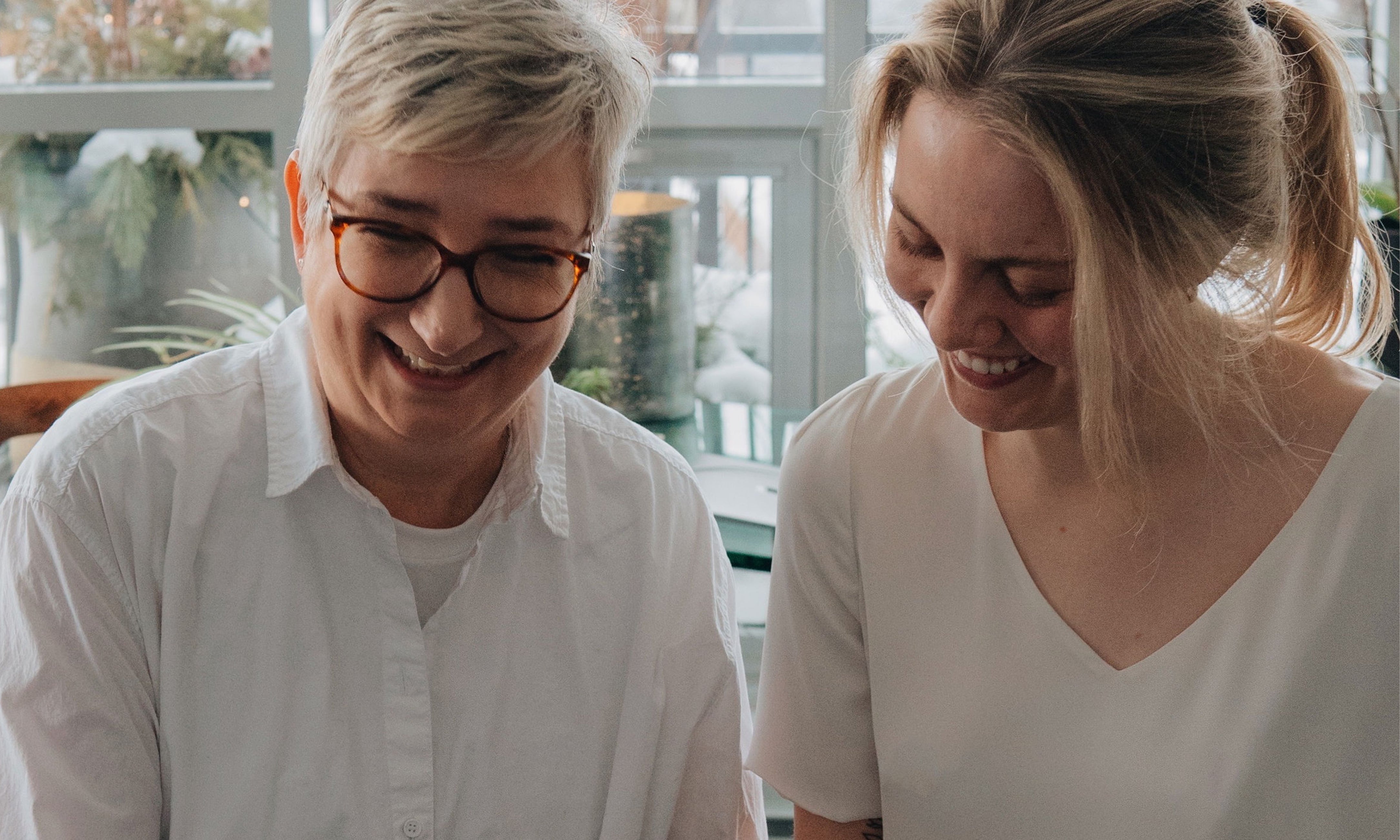
3 Ways to Improve Your Sleep
A good night’s sleep is worth gold. Many factors can interfere with a good night's sleep, so it’s important to be aware of what constitutes a quality routine that helps you lock down those restorative zzz’s.
Here are 3 techniques anyone can implement into their habits to improve not only the length but also the depth of their sleep:
BUILD A ROUTINE / AVOIR UNE BONNE ROUTINE
All health experts will say the same––a restful night’s sleep starts with a healthy sleep schedule! This means that even hours before you climb into bed, you need to signal to your body that it’s time to start winding down: such as lighting a candle or drinking a calming herbal tea.
Every single night, choose 2-3 habits before climbing into bed that cue your brain that sleep is on the way. For example, choosing to do activities that promote relaxation––such as gentle stretching, a bath, writing in a journal, reading, or meditation about an hour or two before bedtime––is an excellent idea.
SUPPLEMENTS
There are many supplements that can improve sleep quality.
- Melatonin supplements are a classic OTC go-to, as it is a hormone that your body produces naturally (influenced by the time of day). It signals to your brain that it’s time to sleep, naturally rising in the evening and falling in the morning. They are a great tool for those who have trouble falling into a deep sleep, wake up often during the night, or find themselves tossing and turning at bedtime despite all tricks and tactics.
- Magnesium has also proven to be incredibly useful in relaxing the mind and physically relaxing the body, making it easier to fall asleep.
- Ashwagandha leaf and/or root extract, often found in either capsule or tea form, is a popular adaptogen that has been shown to alleviate stress. Hence, it is reputed to help calm the mind before bed and aid in kick starting the natural release of melatonin.
KEEP COOL AND GO DARK
Light and temperature have a huge impact on the quality and quantity of your sleep.
Going to bed in total darkness will help trigger your brain to release enough melatonin for a calming, sleepy effect. That being said, it’s just as important to minimize exposure to light before bedtime: this means turning off the computer, TV, cell phone, or any other devices that emit blue light and mess with your brain’s ability to make you fall asleep.
SLIP SILK SLEEP MASK
Bringing the room’s temperature down is also extremely effective in helping signal to the body that it’s time for sleep. Body temperature has been proven to affect not only sleep onset but also sleep quality and the time spent in different sleep stages. A higher core body temperature has been associated with a decrease in restorative slow-wave sleep: so crack open a window or turn off the heat a few hours before going to bed to let the whole space cool down!
FINAL THOUGHTS
Everyone struggles with the occasional sleepless night. However, if you find yourself repeatedly having trouble sleeping despite the implementation of healthier lifestyle habits, make sure to reach out to your healthcare professional.
Identifying and treating any underlying causes can help you get the better sleep you deserve!
Until next time,
The BSE Team












Leave a comment